Guide to Ibogaine Therapy for Depression in Mexico
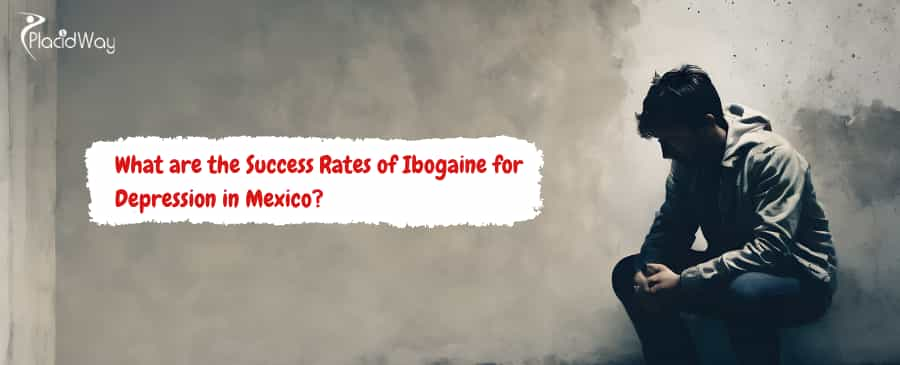
Hello there. If you're reading this, chances are you or someone you care about is struggling with depression, and the usual paths haven't provided the relief you're searching for. You may have heard whispers about Ibogaine treatment in Mexico as a powerful alternative, but you're understandably cautious. What is it? Does it actually work? And what are the real success rates? It can feel overwhelming to sort through the information online, especially when you're already feeling low.
You're not alone in this search. Many people are turning to alternative therapies, looking for something that gets to the *root* of the problem, not just masks the symptoms. Ibogaine therapy for depression is one such treatment that's gaining a lot of attention. It's an intense, psychoactive experience that proponents say can "reset" the brain, helping to process deep-seated trauma and break negative thought patterns. Because Ibogaine is classified as a Schedule I substance in the United States, many are traveling to countries like Mexico, where it is unregulated and offered in clinical settings.
In this post, we're going to dive deep into all the questions you're likely asking. We'll explore the Ibogaine success rates for depression, what the treatment actually involves, the costs, the very real risks you need to be aware of, and what to look for in a clinic. My goal is to provide you with clear, helpful, and trustworthy information so you can make a more informed decision. Let's get started.
What is Ibogaine and How Does it Work for Depression?
Unlike traditional antidepressants that often need to be taken daily to manage symptoms, Ibogaine is typically administered in a single large dose. The experience is often described as a "waking dream" that can last for many hours. During this time, many people report revisiting past memories and traumas from a detached, observational perspective. This process is believed to allow for deep emotional processing and resolution, which can be the root cause of chronic depression.
Scientifically, Ibogaine interacts with multiple neurotransmitter systems in the brain. It's known to influence serotonin (the "feel-good" chemical) and dopamine (related to motivation and reward). More importantly, it's believed to promote neuroplasticity—the brain's ability to reorganize itself by forming new neural connections. For someone with depression, whose brain may be "stuck" in negative loops, this neuroplastic effect could be profoundly healing, offering a fresh start.
What are the Real Success Rates for Ibogaine and Depression?
It's important to be clear: Ibogaine is not a magic bullet. Success is not 100% guaranteed, and the term "success" itself can mean different things. For some, it might mean a complete and total lifting of depression. For others, it might mean a significant reduction in symptoms and the ability to engage with therapy more effectively, finally free from the crushing weight that held them down.
While large-scale, double-blind clinical trials for depression are still lacking (largely due to its legal status in many countries), the existing evidence is promising. For example, a recent observational study on Special Operations Forces veterans who underwent Ibogaine treatment in Mexico showed "substantial" improvements in PTSD, anxiety, and depression. Many clinics that specialize in Ibogaine therapy for depression report that a high percentage of their clients leave with a new perspective, a reduction in suicidal ideation, and a renewed sense of purpose.
Why Do People Go to Mexico for Ibogaine Treatment?
The legal barrier is the primary reason. In the U.S., Ibogaine is in the same category as heroin and LSD, making it impossible to access legally for therapeutic use. This has forced individuals seeking this treatment to look elsewhere. Mexico, due to its proximity and unregulated stance on Ibogaine, has become a major hub for this kind of therapy.
This "medical tourism" creates a wide range of options, from high-end, medically-supervised clinics that resemble luxury resorts to more rustic, shamanistic-led centers. The quality, safety, and cost can vary dramatically, which is why doing thorough research is absolutely critical before considering Ibogaine for depression in Mexico.
What is the Cost of Ibogaine Treatment for Depression in Mexico?
This is one of the most common and important questions. The cost is significant and is rarely, if ever, covered by insurance. The price tag usually includes a comprehensive package for a stay that lasts about 7 to 10 days. This covers:
- Medical Evaluation: This is non-negotiable for safety. It MUST include an EKG to check your heart and detailed blood work.
- The Ibogaine Session: The cost of the medicine itself and 24/7 medical monitoring during the experience.
- Accommodation and Meals: Facilities range from basic and comfortable to pure luxury.
- Aftercare and Integration: This includes therapy, coaching, and other supportive modalities (like breathwork, yoga, or nutritional counseling) to help you process the experience.
Here is a general breakdown of what you might find at different price points:
| Price Range (USD) | What It Typically Includes | Considerations |
|---|---|---|
| $6,000 - $8,000 | Basic, safe facilities. Full medical intake, medically supervised treatment, and shared accommodations. Basic integration therapy. | Good for those on a budget whose primary concern is safety and efficacy over luxury. |
| $8,000 - $12,000 | Higher-end facilities. Private rooms, more comprehensive therapy options (psychotherapy, somatic therapy), and amenities like a pool or chef. | The most common range, balancing comfort with comprehensive medical and psychological care. |
| $12,000 - $15,000+ | Luxury clinics. 5-star resort-style accommodations, extensive one-on-one therapy, and a wider array of holistic treatments (massage, acupuncture, etc.). | For those who want the highest level of comfort and personalized attention during their journey. |
Is Ibogaine Treatment Safe? What are the Risks?
This is the most critical part of this entire discussion. Ibogaine can be dangerous and has been linked to deaths. Almost all of these tragic incidents have occurred due to two main factors:
- Undiagnosed Pre-existing Heart Conditions: Ibogaine puts stress on the heart. Anyone with a history of heart problems or an abnormal EKG (specifically a long QTc interval) should NOT take it.
- Mixing with Other Substances: Taking Ibogaine while other drugs (especially opioids or certain medications) are still in the system can be fatal.
Other, non-fatal side effects are common during the treatment and include nausea, vomiting, ataxia (difficulty with coordination and balance), and insomnia. A reputable clinic will manage these symptoms. The key to safety is medical supervision. Never, ever attempt to take Ibogaine in a non-medical setting or with an untrained provider.
How Do I Choose a Safe Ibogaine Clinic in Mexico?
Your safety is the number one priority. When vetting Ibogaine clinics in Mexico, ask these specific questions:
- What is your medical screening process? (Should require EKG and blood tests.)
- Who is on your medical team? (Should include a licensed doctor and ACLS-certified nurses.)
- What medical monitoring do you use during treatment? (Should be continuous EKG monitoring, pulse oximetry, and blood pressure.)
- What emergency equipment do you have? (Should have a defibrillator, oxygen, and emergency medications.)
- What is your protocol for depression vs. addiction? (The protocol for depression is different and shouldn't be a one-size-fits-all approach.)
- What does your aftercare and integration program look like? (This is vital for long-term success.)
Be wary of any center that downplays the risks, doesn't have medical staff, or offers a "shamanic-only" experience without medical oversight. A true spiritual experience is best had when you know your physical body is safe.
What Does the Ibogaine Treatment Process for Depression Look Like?
Here’s a step-by-step breakdown of a typical journey at a professional clinic:
- Days 1-2: Arrival and Preparation. You'll arrive, settle in, and undergo a full medical intake. This includes the EKG, blood tests, and talks with the medical and therapeutic team to discuss your history and set intentions for your journey.
- Day 3: The Treatment. You'll be given a test dose to check for any adverse reactions. If all is clear, you'll receive the full "flood dose." You will be in a private, comfortable room, connected to cardiac monitors. Medical staff will be with you 24/7. The intense psychoactive experience typically lasts 6-8 hours.
- Day 4: The "Gray Day." This is the day after treatment. You will likely feel physically exhausted, mentally drained, and may have difficulty with balance. This day is purely for rest, hydration, and reflection. Medical staff will continue to check on you.
- Days 5-7+: Integration. This is where the real work begins. Your mind is now highly "neuroplastic" and open. You'll engage in one-on-one therapy, coaching, and other modalities to make sense of your experience and build a plan for your new life, free from the old patterns of depression.
Ibogaine vs. Traditional Antidepressants: How Do They Compare?
The models are completely different. Antidepressants, like SSRIs, are a "management" tool. They work for many people by reducing the severity of symptoms, but they must be taken every day and can come with side effects. They don't necessarily "solve" the depression, but they make it manageable.
Ibogaine therapy for depression is an "interruption" or "reset" model. The goal is not daily management, but a profound shift in perspective and brain function that can resolve the depression at its core. In fact, Ibogaine was originally marketed in France in the 1930s as an antidepressant called Lambarene. The renewed interest today is based on its potential to provide lasting relief after just one or two sessions, which is a stark contrast to the lifelong commitment of traditional antidepressants.
How Long Do the Effects of Ibogaine for Depression Last?
The Ibogaine itself is cleared from your body relatively quickly, but its metabolite, noribogaine, can stay in your system for weeks or even months. This metabolite is believed to continue the healing work, promoting neuroplasticity and providing an "afterglow" of reduced symptoms and elevated mood.
This period is a crucial window of opportunity. The people who report the longest-lasting success are those who use this window to build new, healthy habits. The Ibogaine can clear the fog, but it's up to you to choose a new path forward—one that often involves new thought patterns, better self-care, and continued therapy.
What is Ibogaine "Aftercare" and Why Is It So Important?
Think of it this way: Ibogaine is the surgery, but aftercare is the physical therapy. The Ibogaine session opens a door, but integration is the process of walking through it and building a new life on the other side. You may have profound realizations about your trauma, your purpose, and your negative self-talk, but if you return to the exact same environment and habits that caused your depression, you risk falling back into old patterns.
Effective aftercare programs, whether at the clinic or set up for your return home, should include:
- Psychotherapy: To talk through and make sense of your experience.
- Coaching: To help you set goals and create new healthy routines.
- Somatic Work: Practices like yoga, meditation, or breathwork to connect your mind and body.
- Community: Connecting with others who have had similar experiences can be incredibly validating.
Are There Different Types of Ibogaine Treatment?
For the purpose of treating depression in a safe, medical setting, Ibogaine HCL is almost always used. It allows for precise, weight-based dosing, which is critical for managing cardiovascular risks. The experience is still profoundly psychoactive and effective.
Iboga Root Bark or Total Alkaloid extract is closer to the plant's traditional use in Bwiti spiritual ceremonies in Africa. While some centers in Mexico offer this, the dosage of Ibogaine can be inconsistent, making it harder to manage medically. For anyone with health concerns, the HCL extract is the recommended path.
Who Should NOT Take Ibogaine?
This is not a treatment for everyone. A thorough medical screening is designed to rule out people who fall into these high-risk categories. Other contraindications include:
- Pregnancy or breastfeeding.
- Major respiratory conditions.
- Current use of certain medications that interact with Ibogaine (this is why you must be 100% transparent with the medical team).
Again, this all comes down to safety. A reputable clinic will deny treatment if you fall into any of these categories. Be grateful if they do—it means they are prioritizing your life over their profit.
What is a "Flood Dose" vs. "Microdosing"?
The Ibogaine treatment for depression in Mexico that we've been discussing almost always refers to a flood dose. This is what is required to achieve the deep neuroplastic and psychological reset.
Microdosing Ibogaine is less common and less studied, partly because the metabolite noribogaine stays in the system for so long, making it difficult to establish a safe, regular protocol. Some clinics may offer microdoses as part of their aftercare program, but the primary treatment is the flood dose.
Does Ibogaine Help with Anxiety and PTSD too?
Many people who seek Ibogaine for depression are also suffering from co-occurring anxiety and PTSD. The treatment doesn't seem to distinguish between them; it simply provides a platform for the individual to process the underlying pain that is *causing* all of these symptoms. The aforementioned study on veterans specifically highlighted significant reductions in all three conditions, demonstrating its potential as a holistic mental health treatment.
What If I'm on Antidepressants? Can I Still Get Treatment?
This is a critical safety protocol. A safe clinic will have a strict "washout" period for all contraindicated medications. This tapering process must be supervised by a medical professional, as stopping antidepressants abruptly can also have serious side effects.
This requirement can be a major hurdle, as the tapering-off period can be very difficult. However, it is non-negotiable for your safety. You must be completely clear of these substances before your Ibogaine session can begin.
Ready to Explore Your Healing Journey?
Navigating the world of alternative treatments like Ibogaine can be complex, but you don't have to do it alone. Finding a safe, vetted, and compassionate medical provider is the most important step.
Explore top-tier, internationally-accredited healthcare solutions and clinics with PlacidWay. We are committed to connecting you with trusted global medical options to help you find the relief and healing you deserve.
Find Your Solution with PlacidWay
.png)

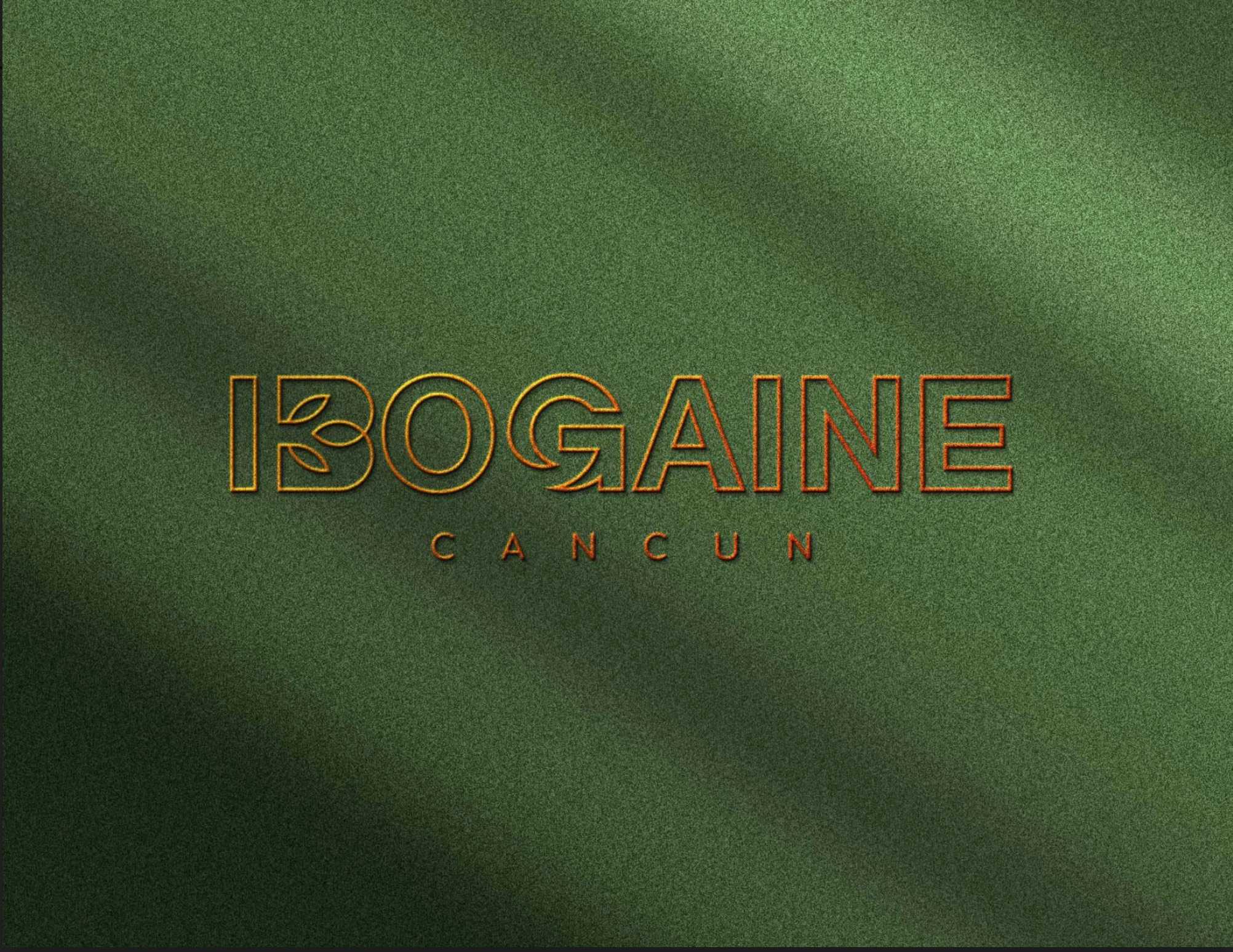
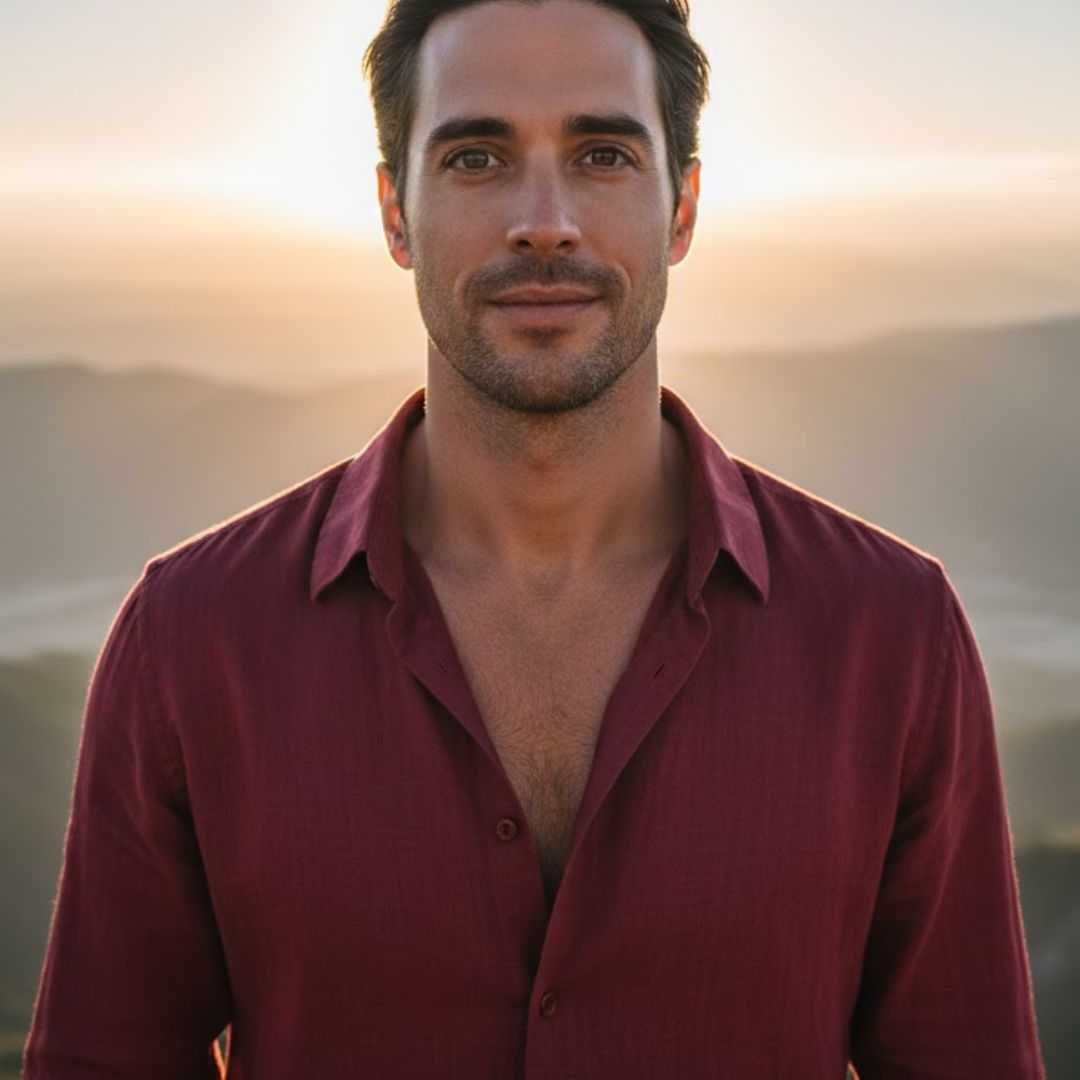

.png)
.png)
.png)
.png)
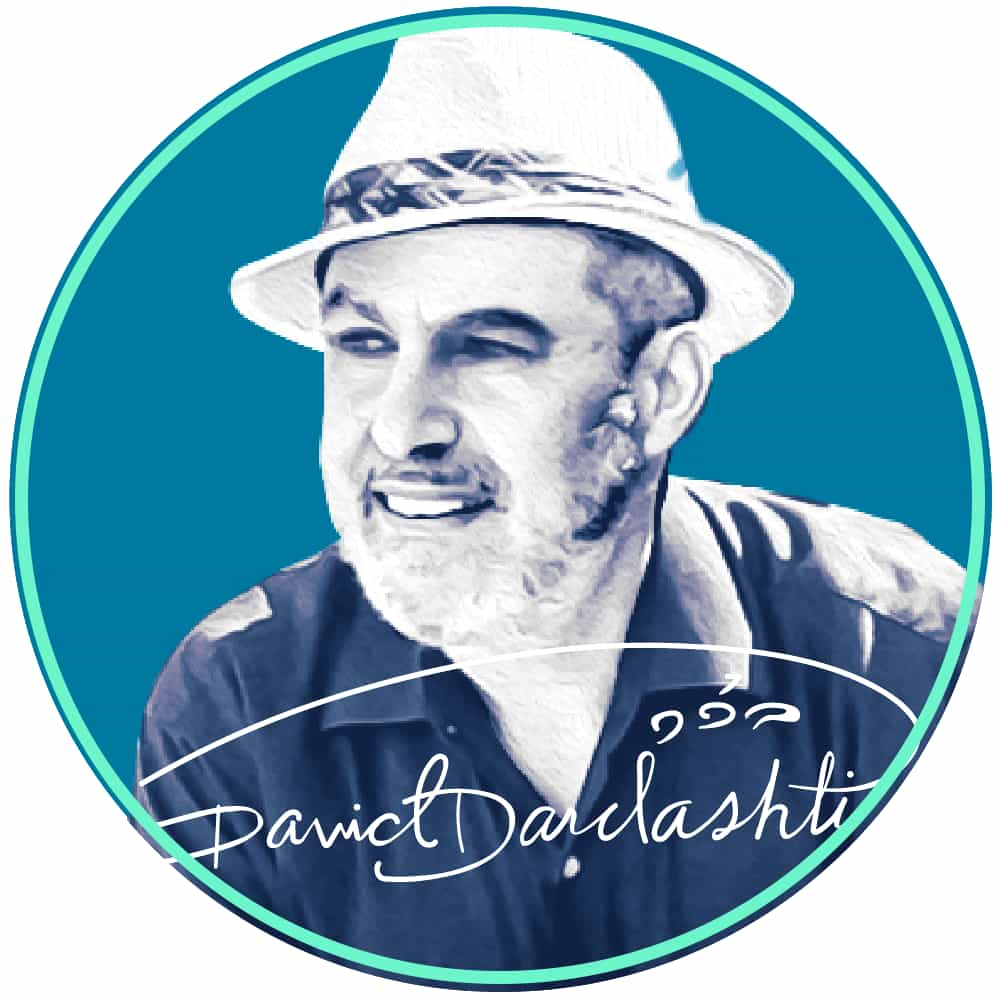
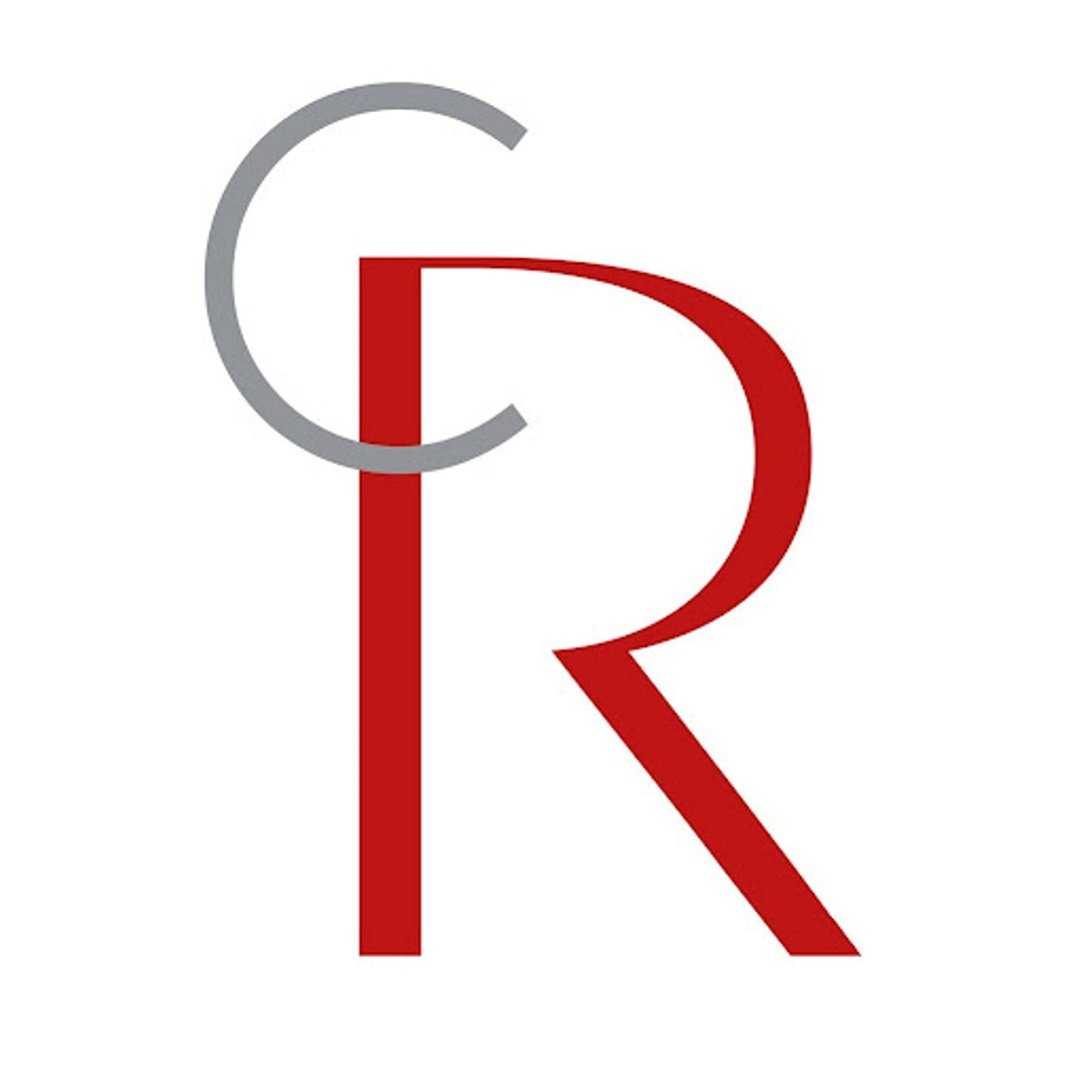
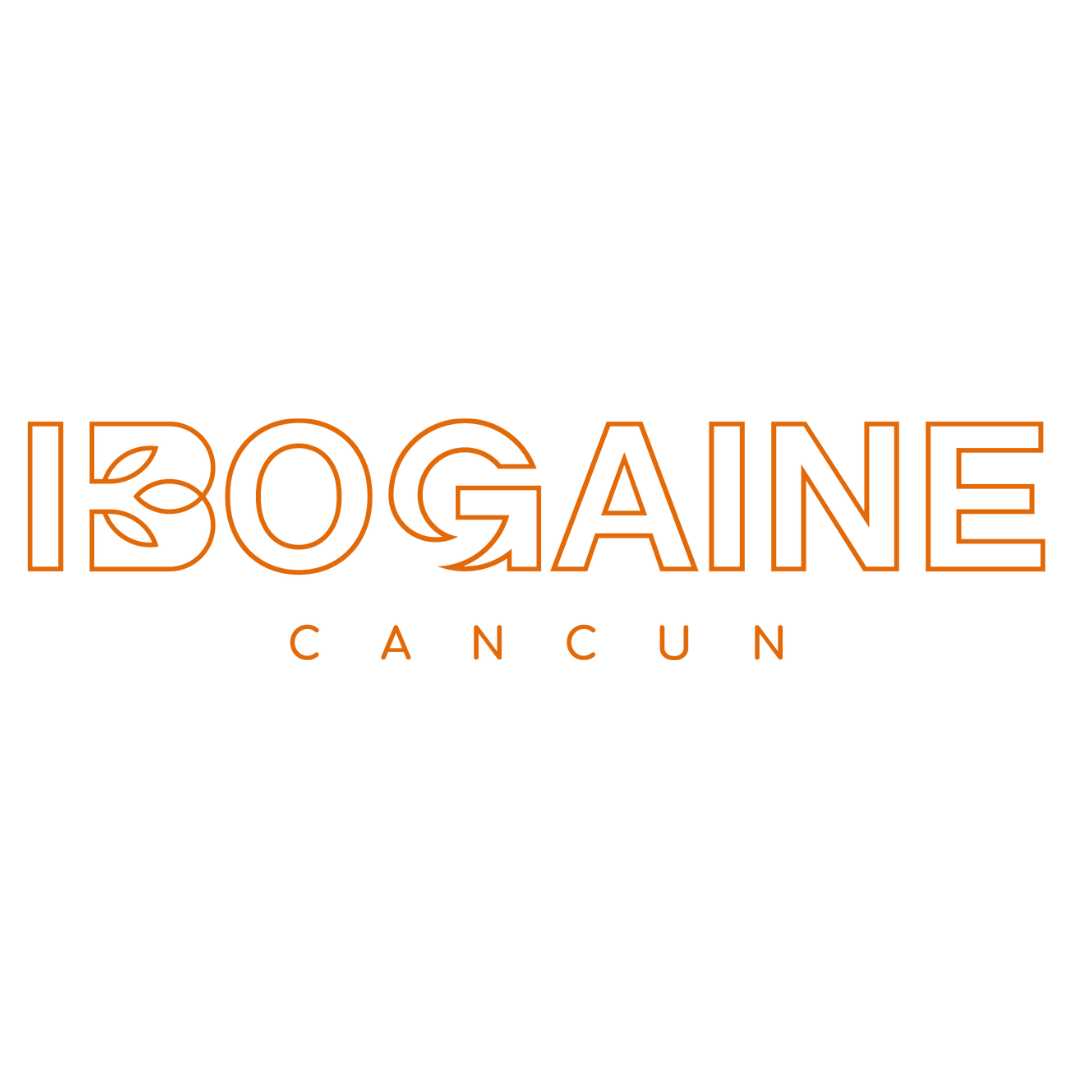
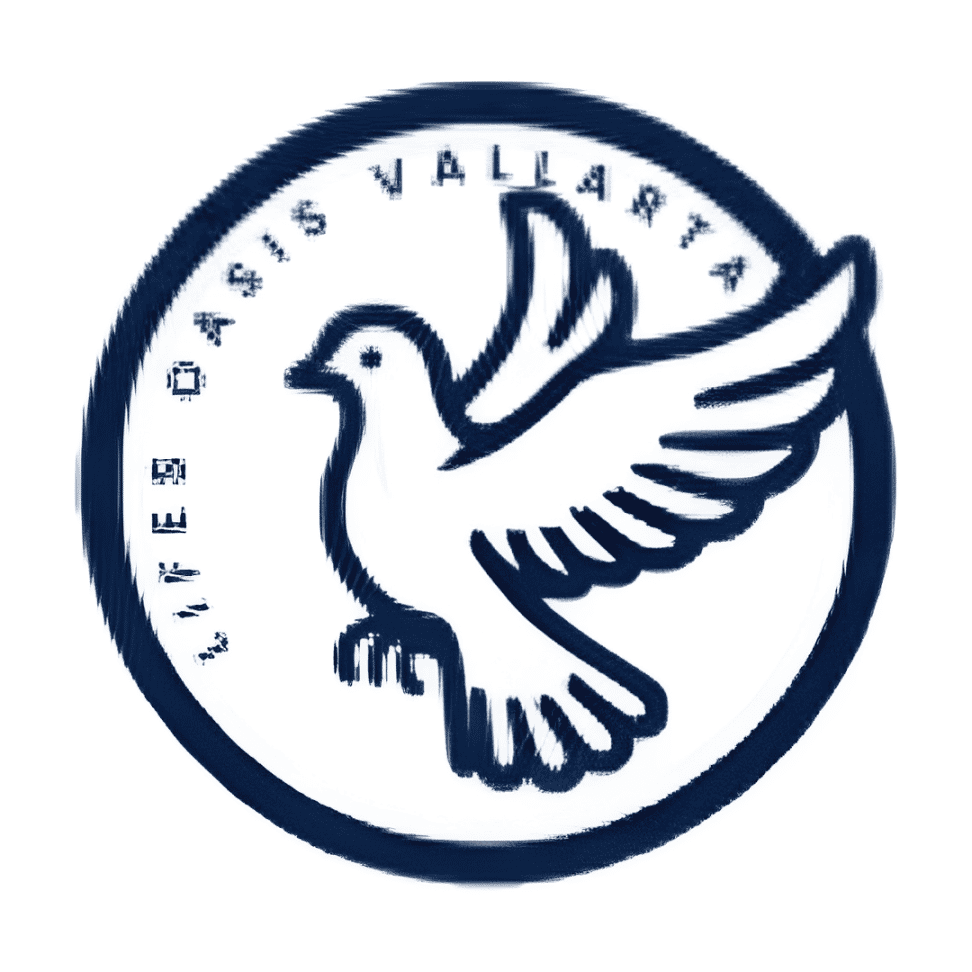
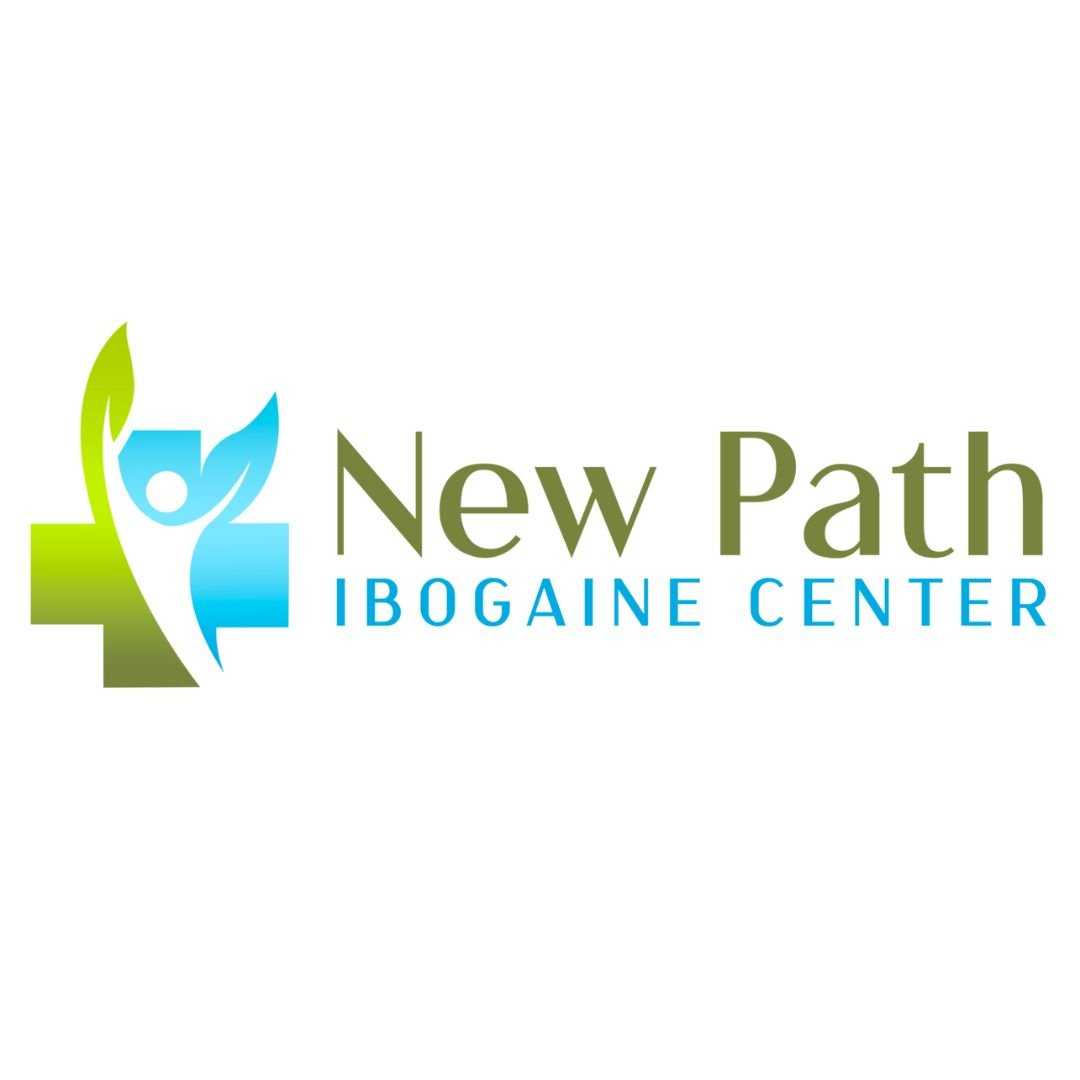

Share this listing